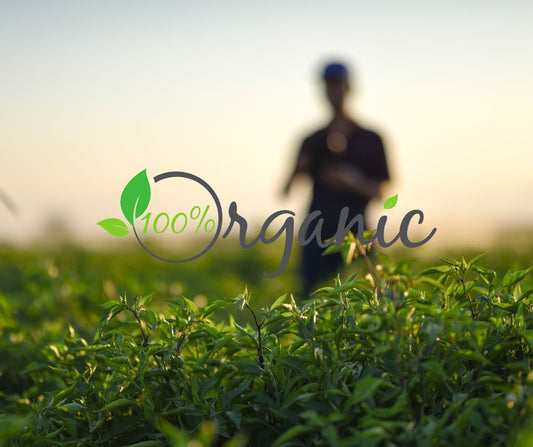
Why organic?
Share
Luomu is a well-established Finnish abbreviation for organic farming and food production, and it means an organic, environmentally friendly and ethically high-level food production method. Organic combines the best production methods from an environmental point of view, high requirements for animal welfare and consumers' wishes for high-quality and natural products.
For example, when talking about organic grain, the production method differs from conventionally produced grain in that organic grain is not fertilized with industrial fertilizers and no chemical pesticides are used in cultivation. Instead, biological fertilizers and a careful crop rotation are used, which guarantee the conditions for the growth of the field.
Many substances in our food and environment only affect people's health with a long delay; maybe only in the next generations. Limits considered safe have been set for pesticide residues in food, which food products must not exceed. However, consumers are exposed to small permitted residue levels throughout their lives. The combined effects of several pesticides on human health are not yet known at all.
The loads of additives in sweets and delicacies are often considerable, so we want to offer cleaner options for all generations to enjoy.
You can read more about organic farming and organic farming: https://proluomu.fi
Can imported organic be trusted?
Organic is strictly controlled in all EU member states. Different EU countries have their own practices for how supervision is organized, but the rules are the same.
In Finland, all organic farmers, manufacturers of organic products, importers of organic products and significant
grocery stores that sell organic products in bulk belong to organic control and are therefore committed to complying with the EU's common organic regulations.
Operators belonging to organic control are inspected at least once a year.
Inspection visits ensure that organic regulations have been complied with. Only operators who have passed the inspection can sell their products as organic and use the organic label.
Organic products imported from outside the EU must also meet the same requirements as products produced in the EU. We at Luomuherkui have appropriate organic certificates for all products in our online store and for the brands we represent.
Which additives and sweeteners are allowed in organic?
Artificial sweeteners, such as
aspartame or acesulfame K and no artificial colors.
See more information about additives on the website of the Food Agency: The official listing of the Food Agency
The sweetness of organic foods comes from genuine ingredients
such as fruit, organic sugar, honey or, for example, agave syrup.
Organic products do not contain artificial sweeteners at all. Artificial sweeteners, such as
aspartame or acesulfame K and no artificial colors.



